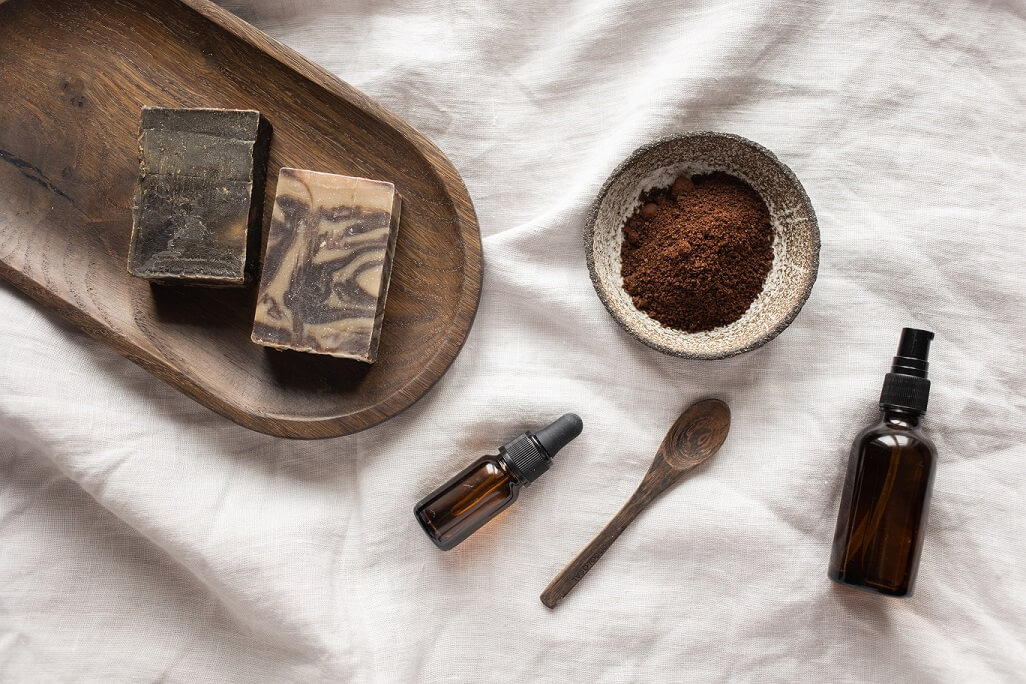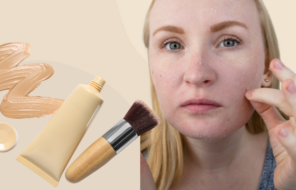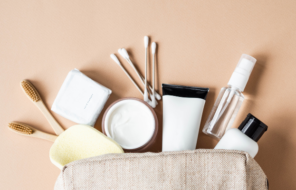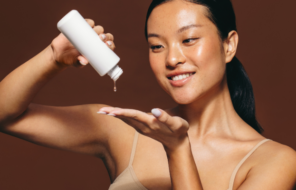When it comes to what you put in your body, you probably know that straight-from-nature foods like fruits and vegetables tend to offer better nutrition than sour gummies or a cheesy dip that’s never been anywhere near a cow. But when was the last time you took a hard look at what you put on your body?
Natural skincare ingredients are having a moment, and it’s worth considering if an updated skincare routine could be good for both you and the planet. Natural ingredients have a reputation for being more eco-friendly and beneficial to your skin. Find out what the “natural” label really means and what these products can do for your skin.
What is natural skincare?
Skincare ingredients can be split into a few categories: natural, nature-identical, and synthetic. Here’s how to spot what’s in your beauty cabinet.
Natural
Natural ingredients come from a natural source (e.g., botanicals, animal products, marine products) and may be less processed than other ingredients. Some examples include shea butter, honey, grape, or sweet almond oil. One tip is to look for Latin ingredients — some manufacturers list ingredients by their scientific names, so searching online can give you the common name of a plant you recognize. For example, “vitis vinifera” is the Latin name for common grape vine, and prunus domestica seed oil comes from plums.
Nature-identical
Nature-identical ingredients are exactly the same as true natural ingredients on a molecular level, but they’re created in a lab. Think of something like a lab-grown diamond: It’s made of the same carbon but wasn’t found in a mine. Ascorbic acid has the same molecule makeup of the natural vitamin C in an orange, but scientists can make it. Nature-identical ingredients can be handy if it’s difficult to preserve the ingredient in its raw form or if demand outpaces supply.
Synthetic
Synthetic ingredients are lab-created and can include parabens, phthalates, fragrances, and preservatives (even formaldehyde). Some synthetic ingredients can be neutral or even good for your skin. A few synthetic peptides, for example, are research-backed to benefit sensitive skin.
On the whole, though, many synthetic ingredients are designed to do more for the product than for you. They may be added to a product to keep it shelf-stable or help maintain a consistent texture and color. In other words, their main job isn’t to care for your skin — in fact, some synthetic ingredients can even cause irritation or affect other systems in your body.
Is natural really better for you?
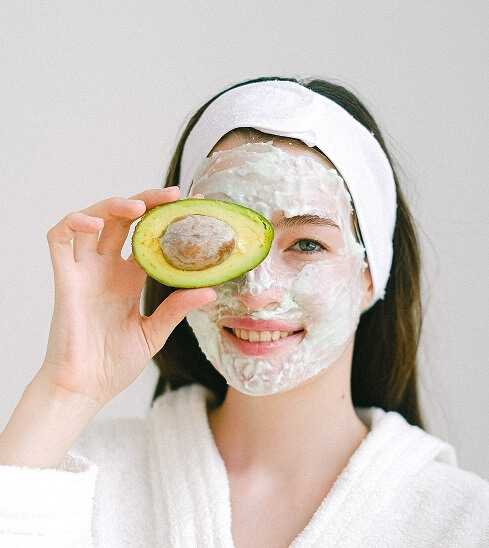
Beauty always has nuance. It’s not as simple as saying that anything natural is guaranteed to be gentler and safer for your skin than a synthetic option. For example, sweet almond oil is natural, but if you have a severe tree nut allergy, you might steer clear just to be on the safe side. It’s always possible for your unique skin chemistry to react better or worse to particular ingredients, so try a sample before diving headlong into a new skincare product.
People have used natural products for health and beauty for years. Research shows that some time-honored favorites (like evening primrose or jojoba oil) really do have natural, practical benefits for skin issues like eczema, dryness, and baby diaper rash. They can have antimicrobial properties and support healthy skin balance. Research also indicates promising signs of ingredients like microalgae to repair skin, protect against UV damage, and reduce inflammation.
Looking for natural ingredients to address your skin needs may be an effective, gentle way to see and feel results. Some studies suggest parabens or other synthetic cosmetics ingredients can be harmful to your skin or even affect your hormone balance. That may be enough reason to consider a more natural switch.
Are natural ingredients better for the planet?
It feels like common sense to say natural ingredients are better for the planet than cosmetics packed with lab chemicals. The truth is that while that might be accurate sometimes, it’s more complicated than one side winning all the time.
An ingredient’s environmental impact depends on a lot of factors: greenhouse gas emissions, how it was farmed or created, how it’s processed, whether it depends on a vulnerable or endangered species, and how the ingredient reacts with the environment after disposal.
If you like the effects of shark liver oil in your cosmetics, for example, the sharks would certainly prefer you use a nature-identical or synthetic version. But if you choose natural scents instead of synthetic fragrance that burns fossil fuels to produce, Mother Nature might thank you. It may be easier to verify eco-friendly practices for natural products and companies, so you can feel more confident that you’re pampering your skin sustainably.
How do I know if my products are natural?
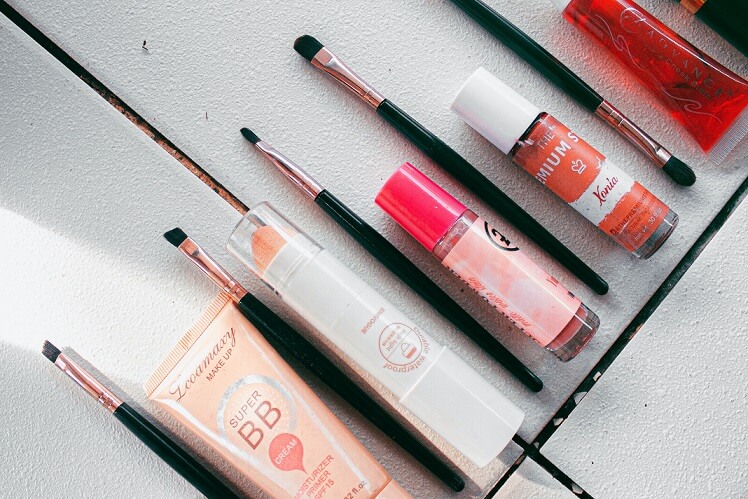
There’s no standard regulation for what labels like “natural,” “clean,” or “green” mean. There are rules for a product to be certified organic, so organic beauty products must meet the same standard. It takes some shopper savviness to understand which products are actually natural and which are hoping that a halo effect will convince you to pay extra.
Even a product labeled “natural” may contain some blend of natural and synthetic or semi-synthetic ingredients. Most cosmetics have some type of preservative, for example, since natural oils and other ingredients may spoil. But you can find options that avoid parabens and phthalates.
Reading the ingredient list is a good way to tell how natural a product really is. The more natural products you see as active ingredients or high on the list, the better. “Fragrance” listed as an ingredient usually means it’s a synthetic fragrance.
You can also look up a company’s practices to understand what they mean by their labels. Some companies use “clean” or “green” tags to signify environmentally friendly practices in manufacturing and packaging. Others demonstrate a commitment to featuring organic ingredients or avoiding certain synthetic ingredients.
Ultimately, science suggests certain synthetic ingredients can have a harmful effect, and the FDA doesn’t regulate what amount of ingredients, like parabens, a company can put in their products. Meanwhile, various natural ingredients have been trusted for centuries and have scientific evidence to show their benefits. You should always test how a product reacts with your skin chemistry, but you may find natural products leave you feeling your best.

